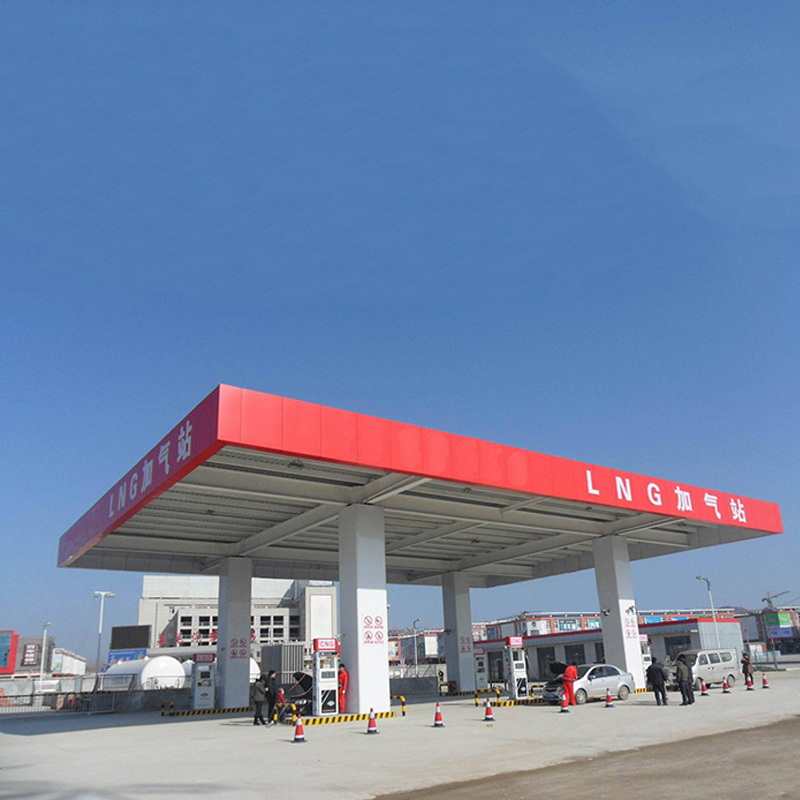
Oct . 12, 2024 00:18
Back to list
Effective Filtration Solutions for Natural Gas Quality Enhancement and Maintenance
Natural Gas Filters Ensuring Clean Energy Delivery
Natural gas has emerged as one of the leading sources of energy in the modern world, praised for its efficiency and relatively lower carbon emissions compared to other fossil fuels. However, as the demand for natural gas rises, so does the necessity for effective filtration systems. Natural gas filters play a vital role in ensuring the cleanliness and efficiency of gas before it is delivered to homes and industries.
Natural gas is primarily composed of methane, but it often contains impurities such as water vapor, sulfur compounds, carbon dioxide, and particulate matter. These contaminants can cause various problems, including corrosion of pipelines, malfunctioning of equipment, and the production of harmful emissions when the gas is burned. Therefore, the importance of natural gas filters cannot be overstated; they serve as the first line of defense in ensuring that natural gas meets industry standards and is safe for consumption.
There are several types of natural gas filters, each designed to tackle specific contaminants. Among the most common types are coalescing filters, particulate filters, and scrubbers. Coalescing filters are specifically designed to remove water and liquid hydrocarbons by causing these impurities to combine into larger droplets that can be drained from the system. Particulate filters are essential for capturing solid particles that can arise from the gas, such as dust, dirt, and rust. Scrubbers, on the other hand, are used to eliminate gaseous contaminants, including hydrogen sulfide and carbon dioxide. Each of these filter types plays a critical role in maintaining the purity of natural gas before it reaches the end-user.
natural gas filter

The selection of an appropriate filtration system is crucial in the natural gas processing chain. The effectiveness of a filter depends on its ability to withstand the operating conditions, including pressure and temperature. Additionally, the choice of materials used in constructing the filters must be compatible with the chemicals present in the gas to prevent any reactions that could compromise the filter's integrity. Regular maintenance and replacement of filters are essential to ensure long-term performance and reliability.
Advancements in technology have led to the development of more efficient natural gas filters. Innovations such as nanotechnology and advanced polymer materials have significantly improved the filtration process, making it more selective and capable of removing even the smallest contaminants. The integration of smart technology allows for real-time monitoring of filter performance, enabling operators to make data-driven decisions regarding maintenance and replacement.
The use of natural gas filters not only ensures cleaner energy delivery but also contributes to environmental protection. By effectively removing contaminants, these filters help reduce harmful emissions generated during the combustion of natural gas. This aspect is particularly crucial as the world grapples with climate change and seeks cleaner alternatives to traditional fossil fuels. By incorporating high-quality filtration systems, natural gas can serve as a transitional fuel that supports the shift toward more sustainable energy sources.
In conclusion, natural gas filters are an indispensable component of the natural gas industry, playing a pivotal role in the delivery of clean and safe energy. Their ability to remove impurities not only enhances the efficiency of gas utilization but also promotes environmental sustainability. As technology continues to evolve, the future of natural gas filtration looks promising, with the potential to further enhance the quality of natural gas delivered to consumers. By investing in advanced filtration systems, stakeholders can play their part in ensuring a cleaner, greener energy future.
Latest news
-
Safety Valve Spring-Loaded Design Overpressure ProtectionNewsJul.25,2025
-
Precision Voltage Regulator AC5 Accuracy Grade PerformanceNewsJul.25,2025
-
Natural Gas Pressure Regulating Skid Industrial Pipeline ApplicationsNewsJul.25,2025
-
Natural Gas Filter Stainless Steel Mesh Element DesignNewsJul.25,2025
-
Gas Pressure Regulator Valve Direct-Acting Spring-Loaded DesignNewsJul.25,2025
-
Decompression Equipment Multi-Stage Heat Exchange System DesignNewsJul.25,2025

